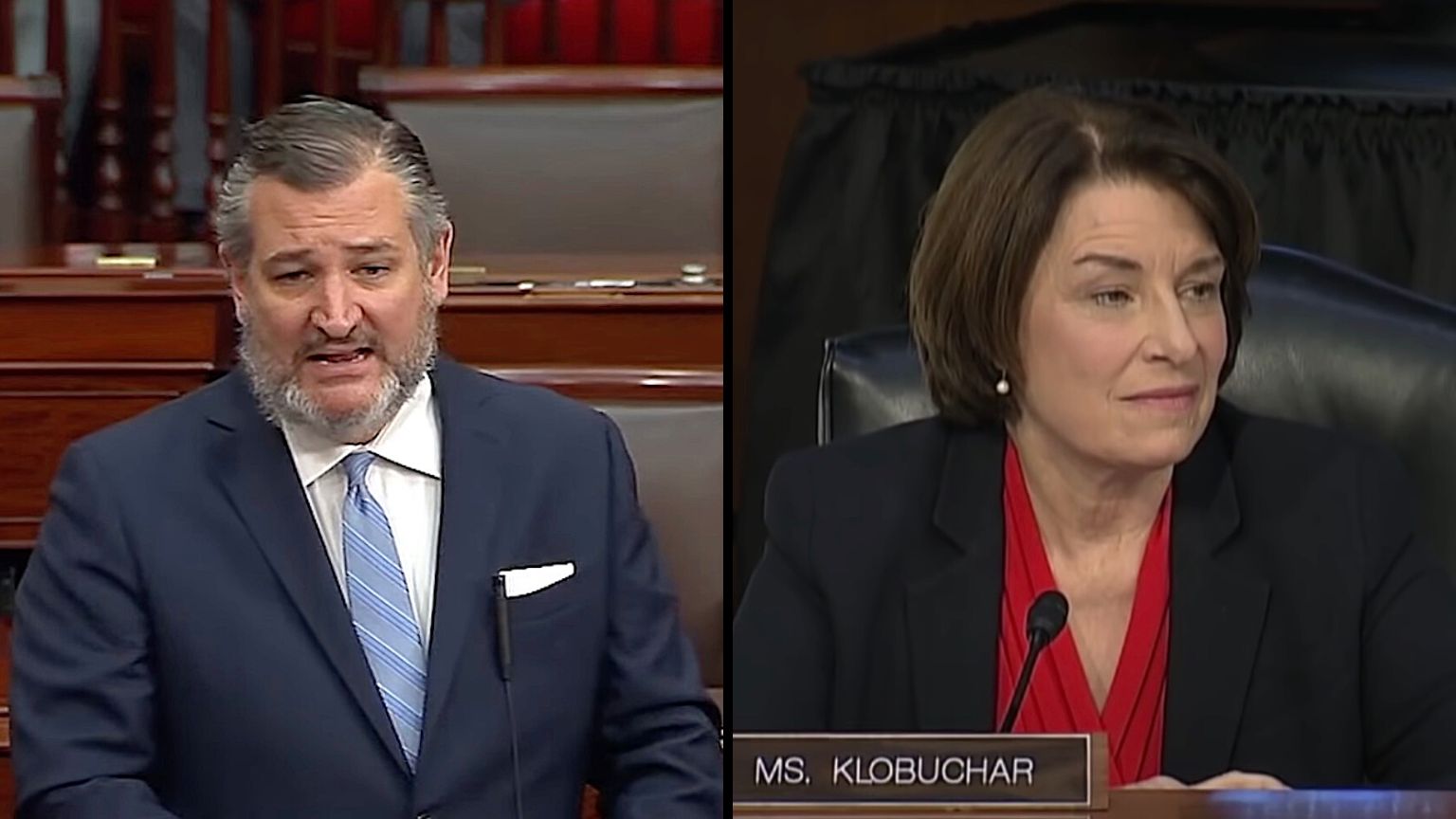In a move that will raise eyebrows amongst transparency proponents, US Senators Amy Klobuchar (D-Minn.) and Ted Cruz (R-Texas) are gearing up to put forth an amendment to the National Defense Authorization Act that could provide lawmakers with unprecedented powers to censor a plethora of internet-based information. The proposed change, however, has sparked concerns around potential censorship of news reports and impingements upon freedom of speech.
The proposed legislation would extend the privilege to lawmakers, their family members, select congressional staff identified as high-risk, and individuals cohabitating with lawmakers, enabling them to demand the extensive elimination of certain personal data online, referred to as “covered information.” The amendment enumerates “covered information” to include home addresses, secondary residences, personal email accounts, cell phone numbers, and other personal and sensitive travel details.
Furthermore, the amendment equips lawmakers with the power to obliterate private data amassed by digital devices, including apps. This is proposed as a response to fears of lawmakers being located precisely based on this data. Despite the legitimate anxiety around personal data being traded by data brokers, the new amendment would equip lawmakers with a set of privacy rights which would be inaccessible to ordinary citizens, who might be similarly vulnerable to security risks.
The proposed amendment, though, has precipitated concerns about press freedom. Investigative journalism often requires accessing private information of lawmakers. The new amendment could seriously impede such investigations.
Past instances of influence peddling, often cloaked by home-related favors, might have gone unexposed under this amendment, Lee Fang opined.
Building on a law passed the previous year, which allowed federal judges and their families considerable new powers to censor private online information, the proposed amendment features a journalistic inquiries exemption. However, such exemptions could merely be decorative in nature and could end up suppressing a wide array of data crucial for media reports. The tendency of online platforms like Google to favor widespread censorship over assessing whether information meets the media exemption might exacerbate this issue.
Critics, including Daniel Schuman of Demand Progress, argue that the so-called “Congressional Security and Privacy Amendment” could potentially foster corruption, stunt press reporting on congressional affairs, and raise significant constitutional, prudential, and implementation issues. However, Senator Klobuchar defends the amendment, arguing that its purpose is solely to shield private information from potentially dangerous individuals, and that traditional reporting will not be hindered by restricting the availability of personal addresses online.
The bill is facing pushback from transparency advocates who fear that its implications could extend beyond safeguarding personal safety. Their main concerns are the ambiguous exceptions for journalism and commentary within the bill. They argue that this could disrupt investigative reporting related to potential conflicts of interest in aspects such as investments, real estate, and familial employment among officials.
“The Orwellian ‘Congressional Security and Privacy Amendment’ will enable corruption to flourish undetected, and severely chill press reporting on congressional affairs generally,” argued Schuman to Politico, highlighting serious constitutional, prudential, and implementation issues associated with the bill.
In response to these criticisms, Klobuchar, a self-proclaimed First Amendment champion whose father was a newspaper columnist, defended the bill, arguing it would not impact legitimate journalism. She clarified that the proposed amendment was primarily aimed at protecting private information that could endanger officials. She cited the example of the attack on Nancy Pelosi’s husband, Paul Pelosi, in their San Francisco home last year.
She stated, “The press will know a lot of things like where people live, but … all of our personal information out there on the internet really does lead to some of this,” indicating the link between freely available personal information and the rising security threats. “I just think that we have to do something about security. I would think that there’s a lot of reporting going on, that isn’t going to be affected by putting addresses aren’t on the internet.”










